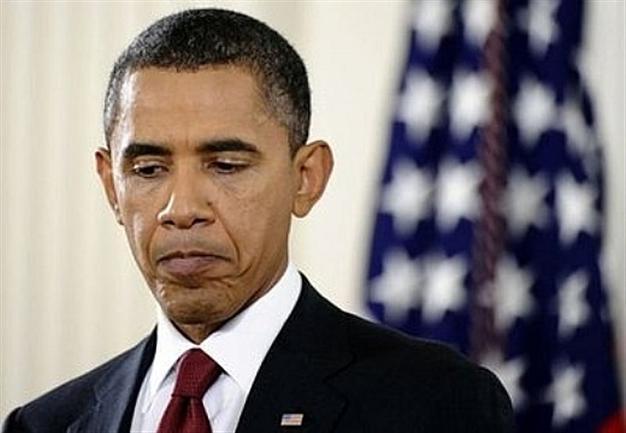Friends and foes weigh in on US elections
WASHINGTON - Reuters

AFP Photo
Move over, America. It's a wide world out there, and as Americans cast their votes on Tuesday there are plenty of international endorsements for both candidates to gloat over - or sweep under the rug.Venezuelan socialist President Hugo Chavez may be a ferocious critic of U.S. policy, but he is also an Obama man. A leading Syrian rebel commander, on the other hand, has his hopes pinned on Republican challenger Mitt Romney.
"I hope this doesn't harm Obama, but if I was from the United States, I'd vote for Obama," Chavez said in September, handing President Barack Obama the dubious gift of an endorsement from a leader who was himself re-elected to a new six-year term despite Venezuela's mounting problems with electricity blackouts, violent crime and soaring prices.
Russian President Vladimir Putin - perhaps smarting from Romney's description of Russia as America's top geopolitical foe - has also come down in the Obama camp, describing the Democratic incumbent as "an honest person who really wants to change much for the better."
Some Syrian rebels see their best hope for change in a Romney presidency, identifying him as the candidate most likely to provide them with weapons as they battle the forces of Syrian President Bashar al-Assad.
"I hope Romney wins. He said during his campaign that he would try to do something for Syria. We want him to help us get weapons and impose a no-fly zone in some parts of Syria to put an end to the bombardment by al-Assad's planes," rebel commander Ahmed Nima told Britain's Guardian newspaper.
Pakistanis leaning toward Romney
Frustration over U.S. policy may also be driving public opinion in Pakistan, which has seen relations with Washington sour during the last four years amid differences over the war in Afghanistan, the killing of al Qaeda leader Osama bin Laden in Pakistan and U.S. drone strikes targeting militants in its territory.
A recent BBC World Service poll of 21,797 people in 21 nations found that Pakistanis were virtually alone in favoring Romney to win - although their support could at best be described as lukewarm.
"Pakistan is the only country in the survey where Romney enjoys more support than Obama (14 percent versus 11 percent). However, this small difference in public favour is less striking than is the fact that 75 per cent of Pakistanis express no preference," pollster GlobeScan/PIPA said in a release describing the results.
France, perhaps predictably, led the pro-Obama countries with some 72 percent of French respondents preferring the incumbent to his Republican rival.
Many online polls have also shown that most Chinese would vote the Democratic ticket if given the chance, although their government has been cautiously non-committal during a campaign which saw tough talk from both nominees about China's growing economic and political influence.
China's official Xinhua news agency, in a hopeful dispatch this week, quoted a variety of analysts as saying U.S.-China ties will move forward in an atmosphere of "cooperation, competition and coordination" no matter who winds up in power following political transitions in Washington and Beijing.
Iran is also watching from the sidelines with no official endorsements but plenty of agitated speculation as both candidates promise to boost sanctions and other pressure on Tehran over its nuclear program.
And while most Israelis would be reassured if Romney emerged as Tuesday's victor - a survey released on Sunday by Tel Aviv University showed Israeli Jews preferred Romney to Obama by almost a 3-1 margin - most Israeli analysts do not expect radical shifts in the relationship..
North Korea is another country which, at least officially, sees the U.S. election as a bit of a bore.
"They never open their mouths without slandering our socialist system and twaddling about sanction and blockade against us," the official Rodong Sinmun said in a commentary on Monday, vowing that nuclear-armed Pyongyang would never bow to U.S. pressure or either of the two candidates.
















